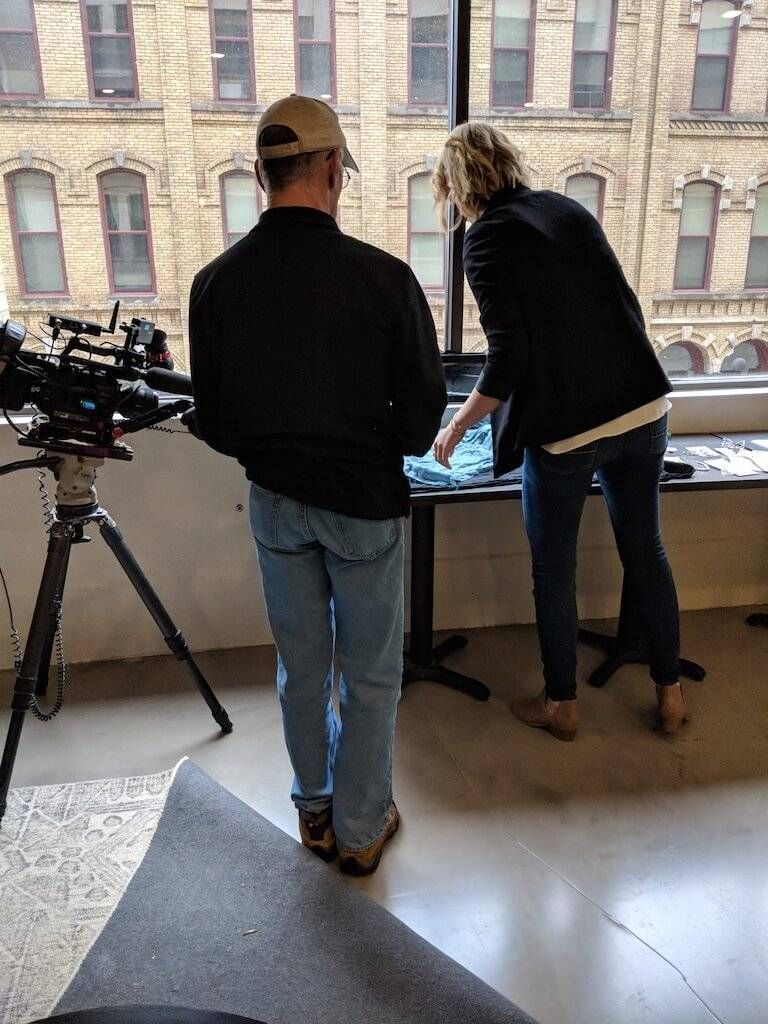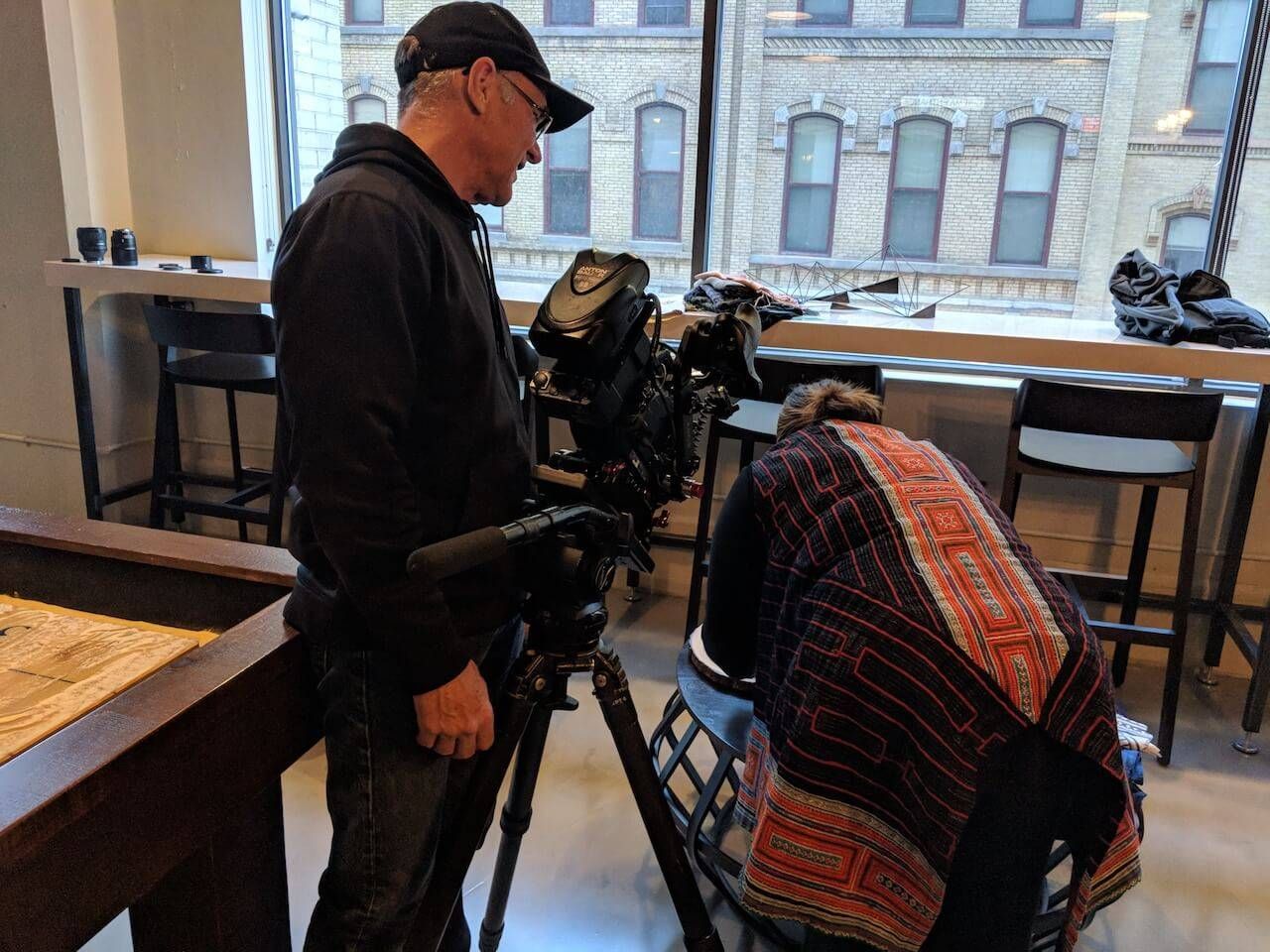#GirlPower + Paychecks = An Equation to End Gender-Based Violence
When the United Nations launched their Millennium Development Goals in 2000 I zeroed in on Goal #3: To promote gender equality and empower women. My little 8-year-old feminist heart beat a little faster. "Yes! I believe in that. I want to make that happen," I thought. Eighteen years later, sitting down with the founders of Fair Anita and RedGreen Rivers my now-26-year-old self bounced with excitement. These clever businesswomen had noticed the links between women's needs, their talents, and trainable skills and chose to knit the three together to develop businesses that would generate profits for a cause. Specifically, they were all about #girlpower and paychecks. So I settled in to learn more.

Founder Joy McBrien chose to focus her social enterprise on empowering women across the globe who had experienced domestic violence. "Financial insecurity is the number one reason why women stay in abusive partnerships," she said. "When women are able to bring home a paycheck, they build capital to be able to leave an abusive situation, or can be seen as having more worth in the home, therefore abuse levels go down."
1 in 3 women experience physical or intimate violence in their lifetime (World Health Organization, 2015).
Joy's Minnesota team partners with women across Chile, Mexico, Peru, Egypt, Ethiopia, South Africa, Cambodia, India, and Vietnam to make trendy, affordable fair trade jewelry that is sold in the United States. Artisans receive up to 3x the minimum wage in their country, health insurance benefits, and access to educational scholarships.
RedGreen Rivers also offers women in developing countries the chance to bring their handicraft skills to a competitive United States market. Hmong-American founders KaYing Yang, Bo Thao, and Kabzuag Vaj recognize traditional indigenous designs are routinely mass-produced without any context (or acknowledgment) of the original art or artisans. In contrast, they believe "the maker is as important as the art," and they want to make sure we meet the maker.

If you visit their website you'll meet the artisans they partner with across Laos, Vietnam, and Thailand. Most of them live in remote villages in what KaYing clarifies is "largely a patriarchal system" still. She believes that teaching women and girls that they have a say in their life is crucial to community progress and financial success. It [RedGreen Rivers] really stemmed from us wanting to help women and end gender-based violence," Bo told me. "Getting married is not the only option - you can go to school, you can get a job," KaYing added.
If women had equal economic opportunities as men, the poverty rate of working women would decrease by 50% (Institute for Women's Policy Research, 2017).
In particular the trio hopes to offer alternatives for young women who find themselves part of a rising trend Bo called abusive international marriages. The dynamics are complex, but can range from men marrying underage girls, coercing divorce, sexual victimization, and other undesirable situations. "Almost all these situations stem from a woman not being financially independent," she explained.
A social enterprise strives to address a basic unmet need or solve a social or environmental problem through a market-driven approach.
Despite one being a for-profit social enterprise alliance and the other a 501(c)3 non-profit organization, both businesses have committed to giving back. Fair Anita releases an annual benefit report detailing the impact of their work over the last year; it is a mandatory part of being an S.E.A. RedGreen Rivers focuses on making a connection between education and economic impact: the buyer has the chance to hear the artisans' stories, the history behind the art, and knows that purchase directly affects that artisan.
In the end, it's all about empowering women, no matter where they live. "I think everywhere in the world we know that when women do better, families do better, and communities do better," says Bo. Joy points out, "Every action has a reaction." Both organizations hope to motivate other companies to re-examine supply chains in order to make them more ethical and sustainable.
